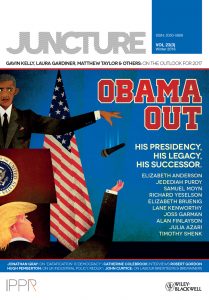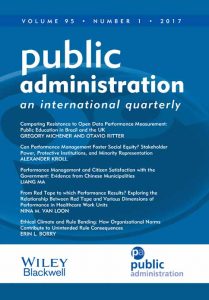(Untold) Storytelling
 by theoryforthemasses
by theoryforthemasses
Immigrants’ stories of sacrifice and (re)settlement are often overshadowed by statistics about demographics like educational attainment, income, and family size; the stories themselves remain untold. A recent New York Times article explores the impact of these stories on the children of immigrant families. Each year sociologist and Hunter College professor Nancy Foner teaches a class entitled “The Peopling of New York” wherein she asks students to interview a close relative about recent family history. Given that many of Foner’s students are children of immigrant parents, the stories they collect often involve accounts of immigration and the sacrifices it entailed. Students are surprised to learn these stories, and many develop a new appreciation and gratitude for the sacrifices their parents made. Understanding the reasons why these stories are pushed aside upon arrival, and the effects of their telling, may have important implications for understanding the processes of both assimilation and identity formation for immigrants and their children alike.




1530-2415/asset/SPSSI_logo_small.jpg?v=1&s=703d32c0889a30426e5264b94ce9ad387c90c2e0)
1099-1328/asset/dsa_logo.jpg?v=1&s=e4815e0ca3064f294ac2e8e6d95918f84e0888dd)
I wonder if setting aside the stories facilitates policy making, also? If we do not know the stories, we avoid understanding the impact of policies (intended and unintended).
Keri
I think storytelling may also have implications for the kinds of behaviors these kids engage in. For example, Alejandro Portes suggests that native language retention may make parent-child relationships stronger. This, in turn, may lead to lower incidences of delinquency. Telling these stories may have a similar effect.
I agree with Sara’s point.
I think this is a great project. It has the potential for some very interesting opportunities in immigration research.